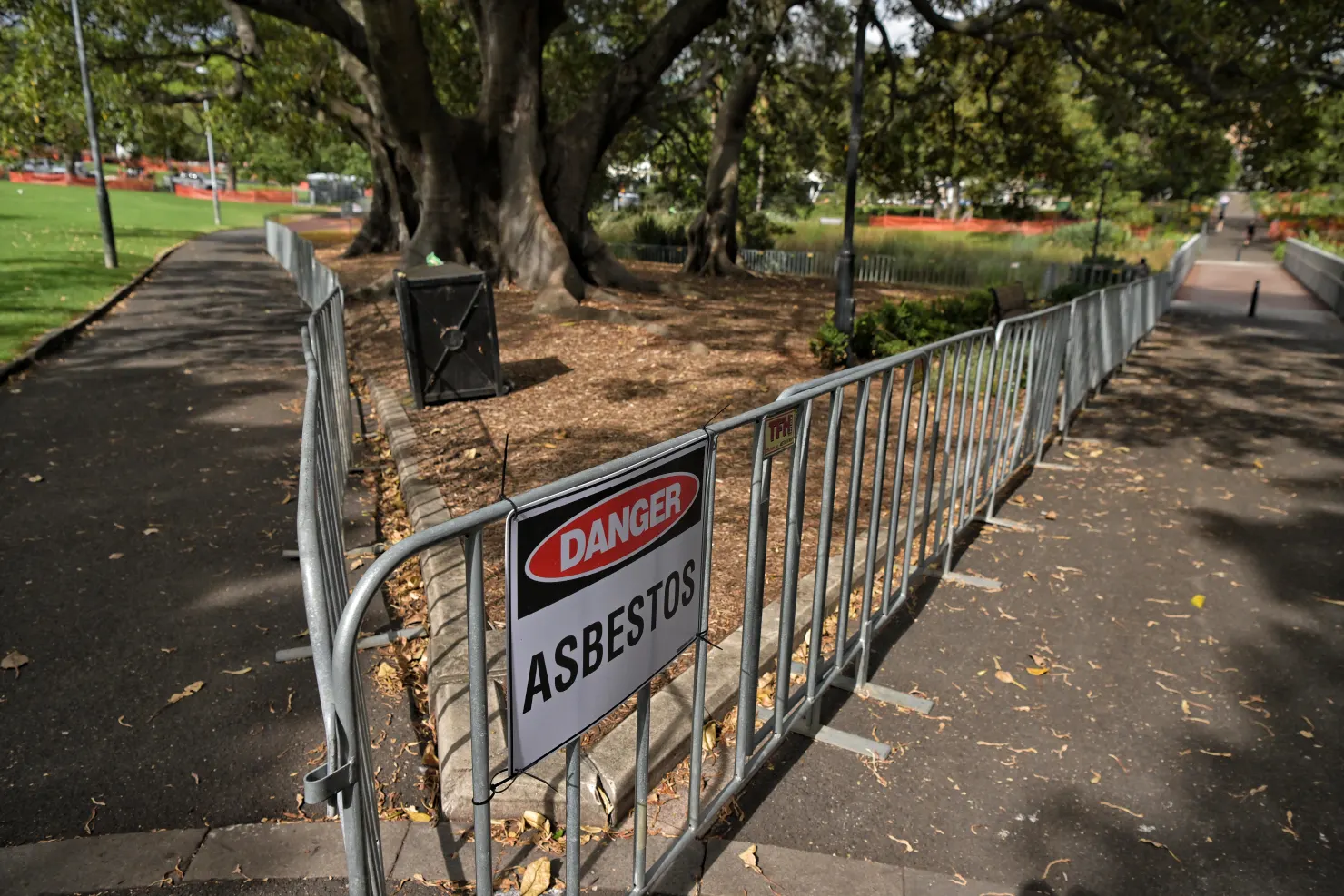Bonded asbestos was found in the mulch of Victoria Park on Monday, February 12th after an investigation by the City of Sydney and the Environmental Protection Authority (EPA).
Following the discovery, the upcoming Mardi Gras Fair Day, scheduled on Sunday and expected to draw over 70,000 people, was cancelled.
The discovery follows a suite of asbestos detections since the carcinogenic material was found in the mulch at Rozelle Parklands this January.
City of Sydney Council announced on Wednesday 14th of February that “following a more detailed investigation into the safety concerns at Victoria Park, it has become clear to the City and Sydney Mardi Gras that an event of the scale of Fair Day is unable to proceed this Sunday.”
“We urge everyone to avoid the mulched garden beds and mulched areas under trees at these parks while the inspections are being carried out,” said the City of Sydney Council in a statement.
City of Sydney Mayor Clover Moore said, “this is an incredibly disappointing decision, as Fair Day is a pivotal part of the Mardi Gras calendar. But we have to put the safety of our community first.”
“We will continue to work with Mardi Gras once the asbestos issue is resolved.”
“Today’s decision underscores how serious this is. The NSW Government and the EPA must make sure this never happens again,” Moore said.
Mardi Gras CEO Gil Beckworth said, “it breaks our heart to see this Sunday not go ahead, but given the safety concerns we must put our communities’ wellbeing first.”
“This cancellation is a setback. However, it presents us with an opportunity to unite and support each other more strongly,” Beckworth said.
All other Mardi Gras events are expected to go ahead, including Oxtravaganza, the Bondi Beach Party, the Mardi Gras Parade, and the Mardi Gras Party.
In a statement, Inner West Mayor Darcy Byrne said they would make other parks available to host the event, “in response to Mardi Gras Fair Day in Victoria Park being cancelled today due to asbestos contamination, we are also ready to make our Inner West Parks available so that the event can proceed.”
However, Honi understands that due to the sheer size of the event and the short notice, there are not plans to relocate it.
The contaminated mulch was linked to contractor Greenlife Resource Recovery (GRR). Contaminated mulch was also found in Belmore Park and Harmony Park.
GRR told the ABC that “it is unreasonable to hold GRRF responsible for how its products are used once delivered to contractors on a construction site.”
The CEO of the EPA Tom Chappel concurred, telling the media that the supply chain involved multiple actors and multiple contexts. Inquires into the whole supply chain are still open.
According to SafeWork Australia, bonded asbestos – also known as non-friable asbestos – is “asbestos that is mixed with cement or resin to keep fibres in place.”
“Non-friable asbestos poses a risk of releasing airborne fibres if it gets damaged.”
According to NSW Health, “Asbestos fibres can pose a risk to health if airborne, as inhalation is the main way that asbestos enters the body.”
Friable asbestos – found in Harmony Park – poses a higher risk than bonded asbestos, however, all asbestos has been “illegal to make, import or use” since 2003, due to the dangers the substance poses to human health.
The City of Sydney Council will test a further 32 parks for asbestos contamination in the coming weeks.
Students can visit the NSW Health “asbestos and health risks” online factsheet for more information about the dangers of asbestos.
A University of Sydney spokesperson told Honi , “we have reviewed the mulch we use across our University grounds and don’t believe we have used any ‘at risk’ mulch. We urge our community to follow City of Sydney guidance and avoid the potentially affected areas until they’re determined to be safe.”





